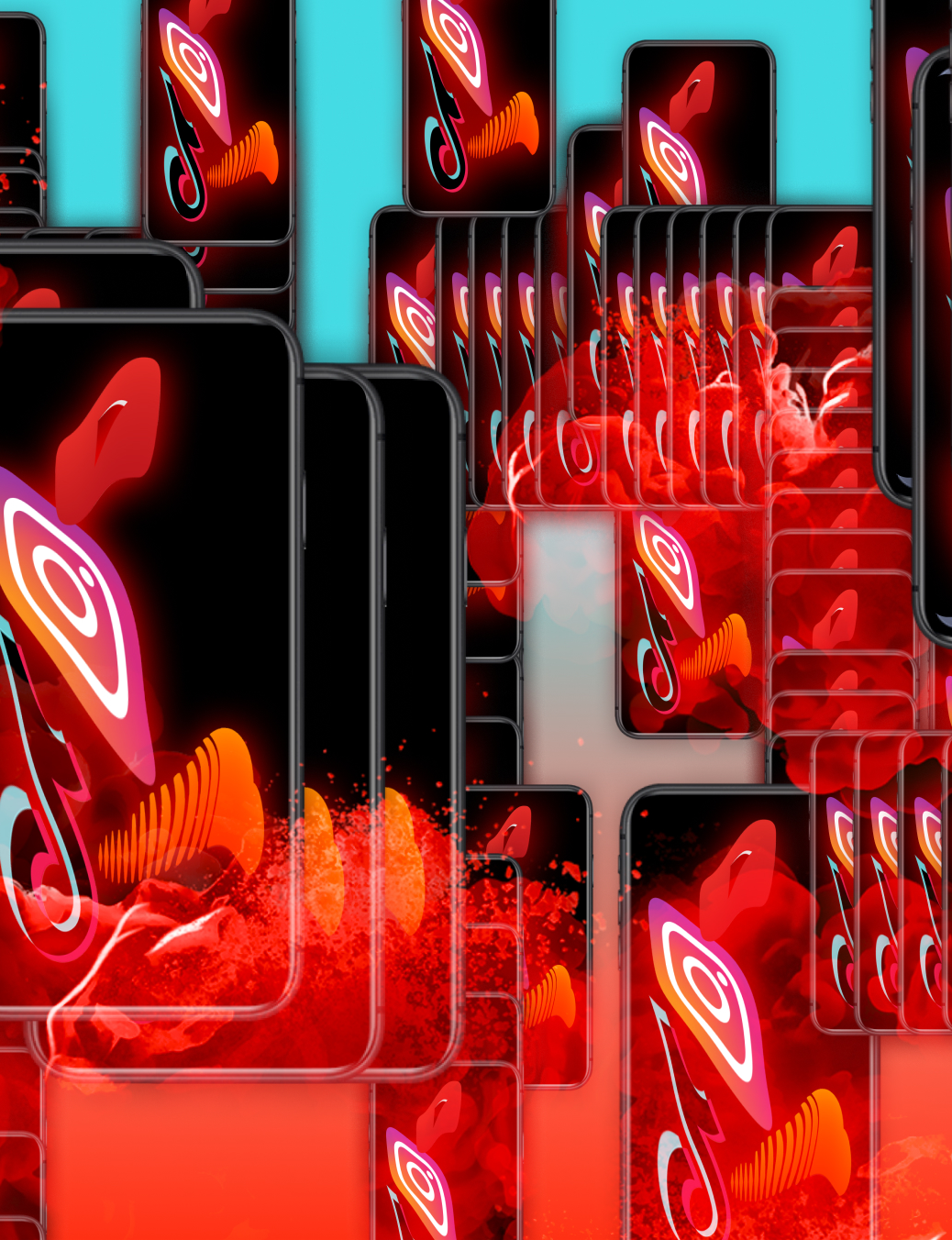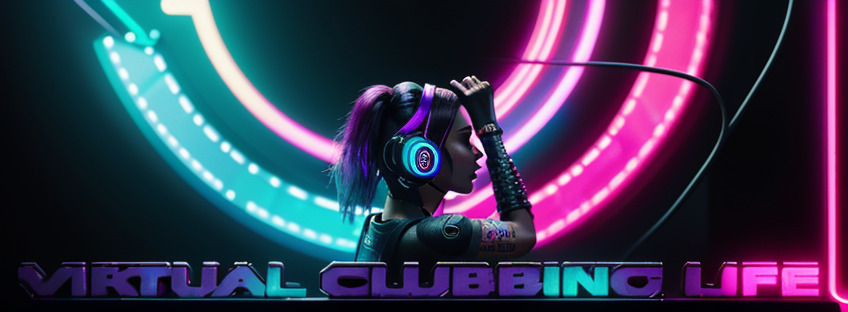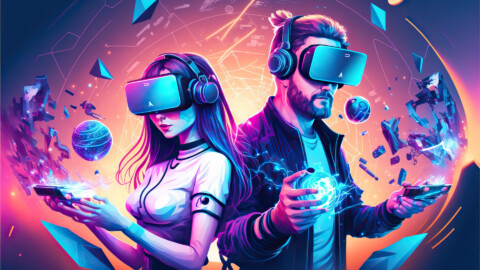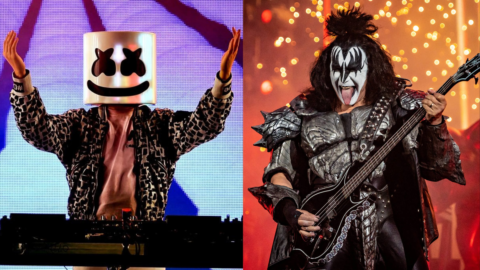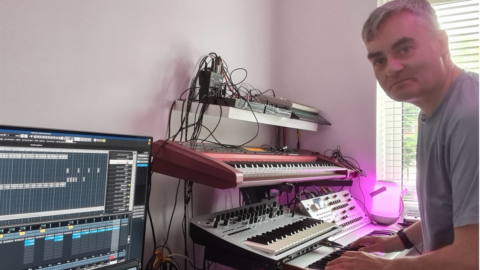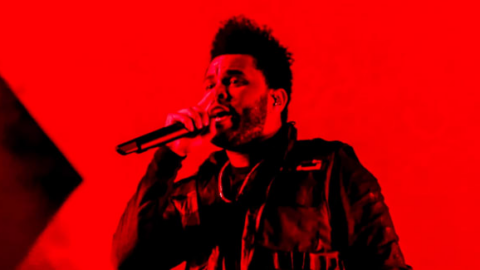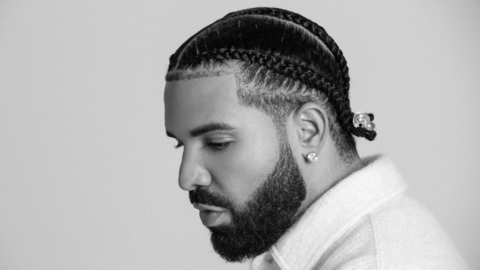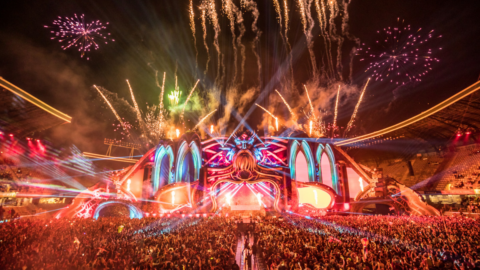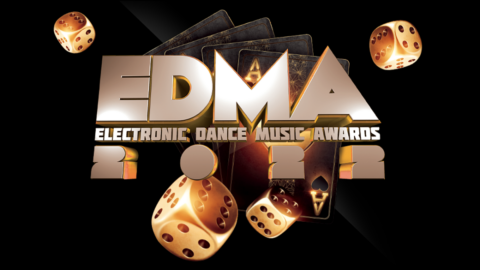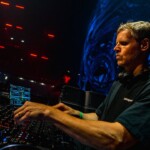Our lives are more connected than ever and increasingly performed on screen, but with conversations about mental health and data privacy concerns growing, artists are beginning to leave platforms altogether.
Social Media is an inextricable part of life in the 21st century. From DJs rising to fame on Instagram, new genres being introduced through viral hits on Soundcloud and YouTube, bedroom productions turn into chart-topping, Grammy-winning hits on TikTok, the music industry, as we know it today, is unimaginable without it. In this first excerpt from one of the essays featured in the Electronic Beats book, Caroline Whiteley traces how a decade of declining reliance on traditional media for musical discoveries and an increase of social media usage has shaped the electronic music landscape we know today.
In Heartbeats, Electronic Beats’ 10-year anniversary book, released in 2010, former online project manager Carlos de Brito and music editor Gareth Owen write, “social networking and the digital distribution of music have had a huge impact on how we engage with art, fashion, and each other. The music we listen to has evolved and the availability of a lifetime’s worth of records online has fundamentally altered our DNA. The idea of a youth tribe being into only one kind of music now seems quaint and old-fashioned, as does the idea of buying a CD from a shop or keeping hold of a flyer to have that hot party’s address.”
For Berlin-based producer Sky Deep, that time doesn’t seem too long ago. She remembers vividly a time where the industry relied completely on human contact, flyers, posters, and local community magazines. “To find out about events you had to go hang out and have a coffee, lunch, or rehearsal in whichever part of the city your scene was known to thrive in,” she says, reflecting on the beginning of her career. When Myspace came onto the scene, she quickly fell in love with the medium. “It was so new and unique and a lot of fun—a convenient, easy and consistent way to stay in touch with others and present your project without having to spend a lot of money and travel all over town.”
Flash forward to the present, and the world on screen has become an increasingly contested space. “I feel like these platforms have become a bit of a theatre,” says Lisbon-based producer and DJ Violet, who uses social media to share music previews from forthcoming releases on her naive label, mixes, and posts from other artists. As she puts it bluntly, Facebook and Twitter specifically have become “platforms of discontent, super-charged with fake news and dangerous right-wing discourse disguised as a modern and valid take on what basically is fascism.” For this reason, her preferred platform of choice is Instagram, although the visually focused app (which was acquired by Facebook in 2012) isn’t a virtual utopia either.
“I think many artists have a strange relationship with social media now, especially Instagram. There is a lot of expectation to keep yourself present online, and in a very specific way,” says London-based DJ Peach. To her, the platform discourages originality, creating a universal visual and stylistic language that simply mirrors what everyone else is already posting. “These similarities are in response to the way that Instagram removed chronological homepage scrolling and focused on pushing the algorithm,” she explains. “This isn’t even a good representation of what the person might want to post—just what they hope to be seen by their followers through the algorithm.” Platforms reward users for doing this, and it can feel like building a direct connection with fans and listeners. However, as Minor Science adds, “the main beneficiaries of your performance are a bunch of rich dudes in California. I wonder what we’re giving away, or compromising, or unwittingly changing, in our subconscious attempts to appease these people who have no investment in us, our music, or our communities.”
I think many artists have a strange relationship with social media now, especially Instagram.
In the halcyon blogging days, platforms like Last.fm, The Hype Machine, and Myspace enabled endless musical discoveries through curated selections of profile songs and serendipitous discoveries via cross-global online communities. If the mid-to-late 2000’s were the foundational years of social media, the 2010’s marked a period of rapid growth and sophistication, with WiFi becoming an essential resource in homes globally. Boiler Room, which launched in 2010, notoriously harnessed the increasing powers of live streaming techniques to transmit DJ sessions from a disused boiler room in London into the bedrooms of the world. Boiler Room’s front-facing camera placing the DJ into the visual forefront presented a blueprint of what electronic music DJ sets would begin to unilaterally look like.
Simultaneously, in cities with a competitive nightlife environment, social media also began to influence the kind of nights fans might attend. As promoter Luke Baker from the London-based club night series Origins explains, “People in the UK like to be sold the experience more than the music, and Facebook pretty much lets you do that through advertising. Building a brand helps with all these things, Facebook adverts become cheaper so you spend less on [other types of] marketing, and ticket sales tend to sell quicker on average.”
By 2012, Boiler Room archived their live streams on YouTube and built their brand on the platform. Meanwhile, Spotify reported 20 million total active users, including five million paying customers globally. Soundcloud reported 10 million registered users, slowly beginning to transform mixtape culture with vast quantities of DJ mixes being uploaded to the platform. In 2013, smartphone sales exceeded their non-smartphone counterparts, which meant that content such as DJ mixes, albums, or playlists were increasingly consumed on smartphones. Notably, revenue from music sales dropped to 98 million USD and has been declining ever since.
The steady decline in record sales shifted artists’ main income streams from releasing music to touring. Meanwhile, platforms such as Soundcloud catapulted underground dance music further into mainstream consciousness. DJ mixtapes had long been an essential part of electronic music culture, but instead of cherished items cut on tape or even sold commercially (such as the K7’s DJ Kicks or fabric’s mix series), sets and mixes uploaded to Soundcloud could now be shared easily, solidifying the idea of music as a commodity that could be consumed for free. Soundcloud recordings of DJ sets have profoundly revolutionized the way music is consumed, as listeners now seek out specific DJs and festivals as consumable tastemakers. I’ve lost count of the number of times I’ve been at a house party where someone simply let a recording of a DJ’s festival performance play throughout the night instead of putting on a record themselves.
This element will show content from various video platforms.
If you load this Content, you accept cookies from external Media.
Load content
Recordings from DJ sets distributed on Soundcloud and YouTube—notably through Boiler Room sets—are also an essential tool for musical discovery, not just for fans, but also for aspiring DJs. Sherelle, a 27-year-old London-born DJ specializing in footwork, jungle, 160BPM sounds, and one of the brightest young stars on the scene, has noted how influential a 2012 Soundcloud mix by Machinedrum and the late footwork pioneer DJ Rashad’s 2013 Boiler Room set was to her own DJing style. Years later, in February 2019 her own Boiler Room debut would go viral, catapulting her to the top of every desirable festival lineup, launching her BBC Radio 1 residency and her own Hooversound record label with Naina. Sherelle’s success story is one of the most recent examples of how social media can catapult an artist’s career, but it isn’t the only one.
Back in September 2016, DJ Boring’s “Winona” was uploaded onto a video blog called Slav, launching a new subgenre casually dubbed “lo-fi house.” With its melancholic sampling of an interview quote from actor Winona Ryder, an easily digestible bassline, and relaxing tones, it became an instant hit on YouTube and has since amassed over 6 million views. Whether they liked it or not, producers such as DJ Boring, Mall Grab, DJ Seinfeld, and Ross From Friends became the faces of a style of electronic music perfectly geared towards YouTube’s recommendation-based algorithm. In a criticism published on FACT, writer Scott Wilson noted how lo-fi producers were almost exclusively white and male compared to the demographic makeup of the current experimental club scene. “The lo-fi scene is currently still a microcosm of the diversity issues that affect house and techno as a whole,” he wrote.
This element will show content from various video platforms.
If you load this Content, you accept cookies from external Media.
Load content
This critique dovetailed overall discussions of diversity issues in the electronic music scene which began to pick up traction around the second half of the 2010s. In this period, the scene also saw increased pressure on clubs to reckon with their role in creating safe spaces for the communities that have birthed electronic music in the first place. The formation of all-female DJ collectives or agencies like Discwoman increasingly put pressures on the dance music industry to own up to the ways in which it had failed marginalized communities, with discussions around this topic mostly taking place not just in local communities, but increasingly also online.
“There’s a level of unprecedented transparency that comes with social media, and it’s been brilliant in terms of shining light on a lot of systemic issues that need to be addressed in order for all of us to move forward,” says Electronic Beats social media manager Pilar Rashad.
“It can be really easy to focus on the ill-effects social media has had on the music industry, but considering that we’re essentially stuck with it now, we think it’s important to learn how organizations and individual consumers of music can navigate it in a way that is beneficial to the online community we interact with,” adds Niall McKenna, NTS’ social media manager. “Platforms like NTS have a big role to play in helping shape the underground music community and having hundreds of thousands of eyes on your social media account should be seen as a privilege and a responsibility,” he adds. “As much as possible, we want to direct our audience to music, artists, and communities we believe in—supporting emerging musicians, platforming a diverse range of artists (both visual and musical), amplifying important political causes, and highlighting NTS shows, many of which are as educational as they are entertaining.”
Writing in 2015, the late cultural critic and theorist Mark Fisher critiqued that the web’s monopolization of any idea of the new had ultimately served capitalist realism rather than undermining it. However, this does not imply “that we should abandon the web, only that we should find out how to develop a more instrumental relationship with it.” This sentiment is also shared by Violet, who advocates for a more holistic, less capitalist approach to the medium. “As an underground dance music artist from Lisbon, I’m not necessarily looking for a massive number of followers,” she says. “I’d rather have a smaller circle of people who would genuinely like to know about my upcoming music, my label naive, any mixes or live performances,” she says. She prefers to use the internet as a tool to see eye to eye with people rather than using it to build up a cult of personality. “I like being able to respond to most messages and engage with users in a real way. I whole-heartedly take pleasure in interacting online with like-minded artists and music fans.”
For Minor Science, taking a distanced approach to social media is a privilege he is well aware of. “Living in Berlin, a hub of the music industry, and having an identity historically favored by this industry, means that I can afford to keep these platforms at arm’s length,” he says. “That’s not the case for many other people, and I wouldn’t judge them for engaging with social media in ways necessary to survive, make a career, or get their music to the audience it deserves.”
While social media can perpetuate systems of oppression with its algorithmic focus on favoring the status quo and showing us only what we are already interested in or already like, it also provides an equal playing field and accessibility to people in electronic music who previously had been left out or ignored—especially for marginalized communities.
Social media has enabled me to contextualize my work and build a public identity as a musician that reflects my own values.
Speaking to Amsterdam-based DJs LYZZA and DJ Serene, who founded a queer electronic music collective called X3, LYZZA noted how social media has allowed for them to create a global community with like-minded individuals in the electronic music scene, which is especially powerful for queer folks of color.
To American producer and DJ Eris Drew, the ability to communicate who she is to the dancers in her own tenor has been life-changing. “As a transgender psychedelic artist and woman who uses music to heal, social media has enabled me to contextualize my work and build a public identity as a musician that reflects my own prerogatives and values.” For her, it offered a critical opportunity for communication through the process of coming out since traditional media coverage of trans people had been “far off the mark” from her own experience. She describes listening to archived lectures on YouTube and realizing how much power there is in telling the true stories that otherwise won’t get heard. Her approach to social media is an educational one, mostly using it to “support the work of good people”, to share ideas about the things she cares about, to communicate her work, “and to have a laugh.” Although it’s an incomplete way of connecting with people, Violet, who has released several records of Drew’s and whose initial contact with her was through social media, says it makes up for that with how useful, immediate, and spontaneous it can be for artists. “Social media doesn’t equal the real world—the map is not the territory—and we need to keep our center and focus by essentially not spending too much time on it.”
Caroline Whiteley is an editor at Electronic Beats based in Berlin.
Artworks by Sofia Apunnikova.
Published January 05, 2021. Words by Caroline Whiteley.
Ⓒ Deutsche Telekom AG
